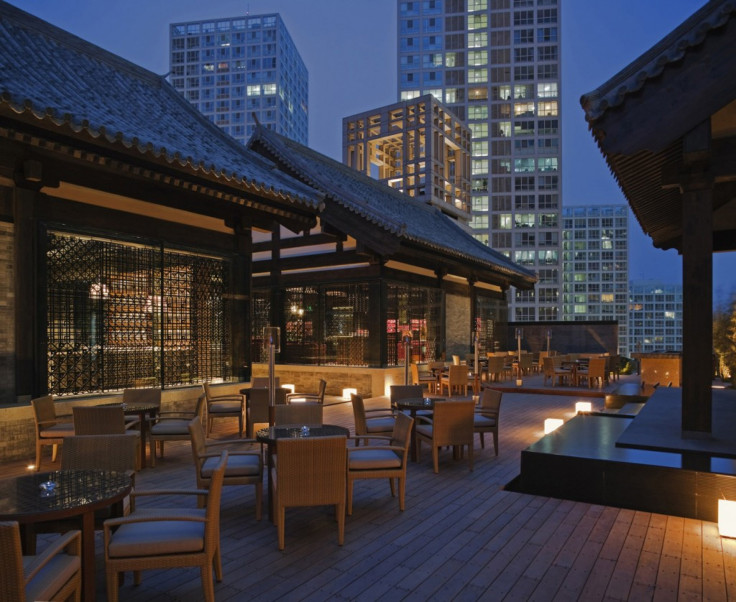China's High-End Hotels Only To Continue Growing Despite Declining Occupancy

Luxury brands have been targeting the Chinese market for several years now, hoping to make money off of the increasingly wealthy population that is willing to spend.
And for luxury brands for garments and cars, many have been able to make considerable profits in China. Now, as China sets their sights on bigger luxury investments, a glut of five-star hotels and buildings has oversaturated many Chinese cities.
According to a report in the Economic Observer, international luxury hotel development in Chinese cities is related to the nation’s soaring housing prices, coupled with strict policies that put limits on the kinds of housing projects that can be approved for development by the government. As a result, many investors and local governments push to develop commercial property projects instead, namely hotels. Hotel development has become so popular that a report by the China Tourist Hotel Association is claiming that every four days a new international–brand hotel is built in China.
The Economic Observer said that almost 75 percent of all hotels that opened in China in 2012 were five-star hotels. At the beginning of this year, a total of 721 five-star hotels were operating in China.
The benefits of building expensive commercial property end up benefiting most involved. Local governments of mostly third-or-fourth-tier cities are able to boost the areas' reputations, create jobs for local residents and create tax revenue. For developers, tax deductions and other perks given by governments make building hotels attractive in China.
“If you build a skyscraper, mall or luxury hotel in a third or fourth-tier city, in return the local government will offer discounts on the price of land or tax concessions,” one unnamed Shanghai developer told The Economic Observer. “You can also use the profits from selling the related commercial properties to invest in the hotel project and thus also avoid having to pay tax.”
While development is extremely attractive, continuous profitability is starting to decline. Five-star hotels in China normally take anywhere from 8 to 12 years to start seeing profits. With an increasing number of hotels opening in China, occupancy at hotels is also declining, exposing the industry to the issue of oversupply.
The report cites statistics that say a hotel is able to turn a profit with an occupancy rate above 70 percent. China’s Tourist Hotel Association reported that the average occupancy at international brand hotels in China reaches just over 50 percent.
Still, many international hotel brands are planning on expanding their presence in China. The Hilton Worldwide and Marriott International, Inc. (NYSE: MAR) are planning on increasing their number of hotels in China by 100 new projects by 2015. InterContinental Hotels Group PLC (NYSE: IHG) has announced that they will be doubling the amount of hotels they have in China in the next five years.
While other luxury industries, like expensive food and fancy cars, have taken a hit as a result of President Xi’s government frugality efforts, luxury-land ownership and development may soon be affected by the tightening purse strings of the government.
© Copyright IBTimes 2024. All rights reserved.












